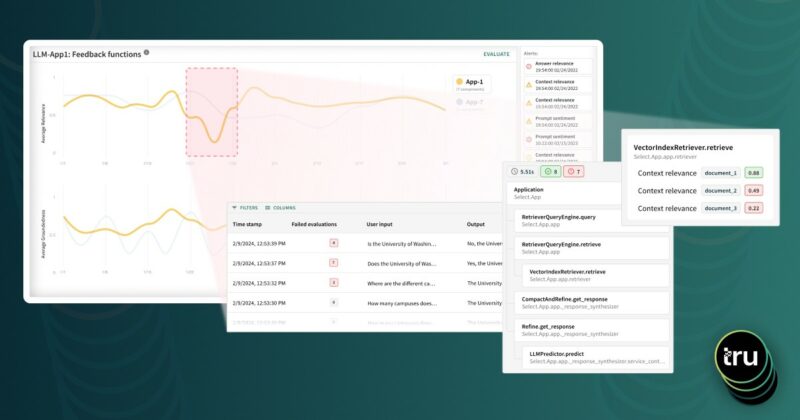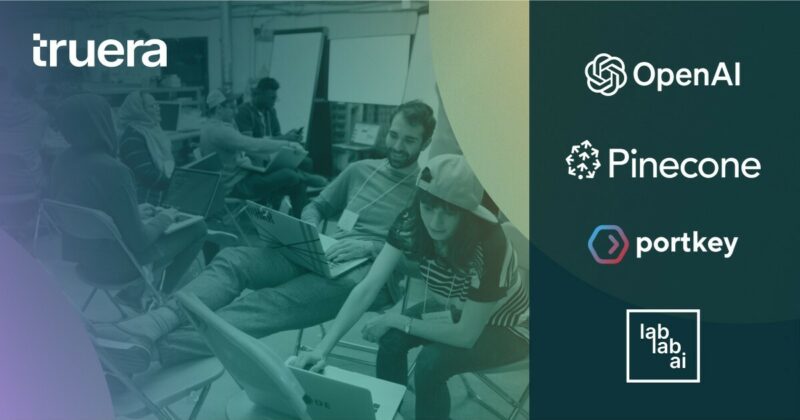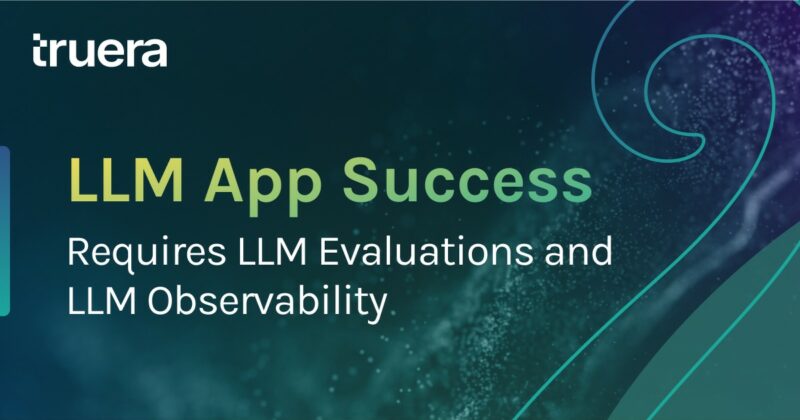When I moved to the Bay Area from the East Coast in 2018, my primary motivation was to live in the heart of the tech industry. One of the silver linings of being an immigrant is that one does not have a strong tie to a particular part of the country. You are relatively free to move anywhere once you have made up your mind.
After moving to the Bay Area I started working at Facebook (now Meta) in one of the core infrastructure teams as a software engineer. It was exciting to work on a team serving a massive volume of incoming data center traffic from all over the world. The load balancing system was highly complex and it experienced a very heavy on-call load.
After working for ~4 years on the infrastructure team, I thought that I was ready to take on something new. This experience had given me the foundation and confidence to take on more responsibility and challenges. That’s when I started exploring different startups in the Bay Area. I quickly became overwhelmed – there were so many to explore. That is when I decided to define clearly how I would select which startups to interview with. These criteria were.
- I should see a clear opportunity for me to grow in my career in the near future.
- The company’s product should deliver a real value that I could appreciate, and I had to strongly believe that this product is needed in the world right now.
- I should feel connected with the people on the team and believe that these are the people from whom I can learn and grow in the near future.
When I talked to the people at TruEra and understood the company’s vision, it satisfied all of my criteria. At TruEra we are building an AI Quality and AI explainability product which I believe is necessary as the advancement and adoption of AI-based technologies become ubiquitous. After talking to the founders and engineers here at TruEra, I saw a clear opportunity for growth and a strong set of people with whom I easily saw myself working.
It’s been a year since I started working at TruEra. I am continuously learning and my newly gained knowledge is changing my perspective as I grow. The following are some of the ideas that helped me navigate and stay productive in my first year. I am sharing them here so that someone else in a similar environment can benefit from them.
Nothing is someone else’s problem
I have heard this phrase and seen posters of it many times in my past life while working at Facebook. But not until now did I realize what it really means in day-to-day life.
In a startup environment, there are many things that are unowned and unsolved. There will be bugs and issues in the code which you won’t know who is responsible for fixing. To some extent, this will happen more in a startup where there are people trying to achieve as much as possible with a limited number of engineers. Keeping the mindset of “nothing is someone else’s problem” and internalizing it helped me to stay curious and dig through different parts of the code to solve minor bugs and issues. Beyond the immediate impact of fixing the issues themselves, this also helped me in building context and knowledge regarding the overall code base and how it works.
That being said, one should also not go overboard and try to work through every issue that comes up by yourself, because it’s not humanly possible. But as one is onboarding at a new place, especially in a startup, one can gain a lot of knowledge and understanding just by attempting to fix different minor issues in the code.
Code tells the truth
This often happens to us when we are looking to understand some components of the code and how it works, but no one knows whom to ask. Or two different people tell different stories about how a particular piece of code works. Reading the code and understanding it is a skill that I don’t see many people teaching or emphasizing, but it comes in handy. People can have a different understanding or have different ways of communicating their understanding of code, but code itself is the ground truth about how things actually work. Spend time reading through the code. The more code one reads, the better understanding of things one gets. This is not the fastest way of gaining context, but a very thorough one with no space for a misunderstanding.
Be your authentic self
This is another phrase which I have heard many times in the past. But what does it actually mean? In my mind being an authentic self means presenting yourself as close to what you are actually thinking. You contribute to the tech industry by bringing your perspective and experiences to the industry. This is the value you provide. At the start of my career, I tried to imitate what other folks were doing in order for me to be as successful as they were. Later, I realized that I am unique, as all of us are. I have to sharpen my strengths so that I can bring in the perspective that others can’t. Only by valuing different people for their unique strengths and learning from those strengths, rather than just valuing one type of person or strength, can we utilize the diverse thoughts and ideas in the best way possible.
Understand your boundaries
Be vigilant about how much you can actually get done. We are all looking to be high achievers and we don’t want to say no to things that need to get done. And there are plenty of things that need to get done in a startup environment. After a while, the chaos of multiple things that are on your plate hinders one’s productivity. Prioritize your focus on the task at hand and feel free to put other things on the backburner and communicate that to your team and stakeholders. One can only produce quality work if they have the time and patience to focus on the task at hand. If there are too many things at hand, then one doesn’t have time or focus to produce the quality work. Focus on things that are your best strengths and where you add value, and prioritize those.
Leverage existing knowledge
This is an important balancing point to point 2, where I discussed how code is the source of truth. Getting answers to specific, small questions by going through the code could be a very handy skill. But to gain the larger picture of things, such as the vision and ideas that are often not documented in code, you need to leverage the group knowledge which already exists within the team of engineers. As smart and motivated people, we often have a tendency to want to figure out things on our own. However, in a startup, we have to make a judgment call on how much time is reasonable to spend on exploring issues that have possibly already been explored by our teammates in the past.
Time is money
Be wise about time. One can be super smart, intelligent, and hardworking, but there are still 24 hours in a day. One is still limited by the nature of time. Be smart about the fastest way of achieving the task at hand. It’s easy to get lost in the weeds of code and get distracted by something totally different than what you were looking to solve in the first place. Utilize the shared knowledge; if asking something gets you the answer in the fastest way, then ask it. Always keep the time in mind while working on things. And take the fastest effective approach. When bringing something new to market,the timing and urgency of releasing a feature is vital. If we miss the window of opportunity and someone else brings it to the market first, then we have lost some key momentum., It’s better to implement something good first, then continue to improve upon it later. Customers don’t like to bear the cost of switching vendors, so speed of execution matters a lot.
Conclusion
To close the loop, I would say that a sense of purpose is really important for one to utilize and implement any of the above ideas in day-to-day life. If you have a sense of how you are contributing to the larger goal of the company, and what purpose that company goal is serving in the world, then you can stay motivated. Motivation is a prerequisite for all. Taking refreshing breaks and stepping back and thinking about the larger goal and purpose helps me to keep myself motivated. It is inevitable that new techniques and ideas will come, which will change your perspective. We have to be open to those new ideas and changes – that is what leads to growth.
This blog was originally published on LinkedIn Pulse.





